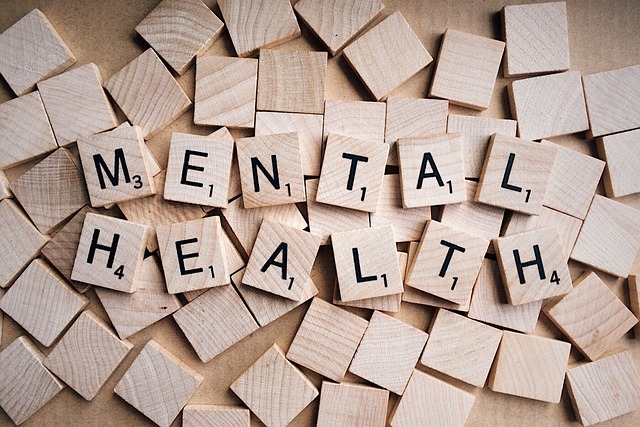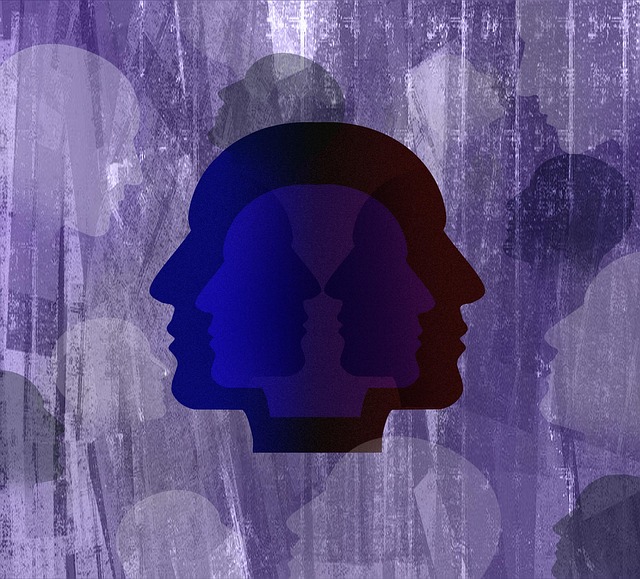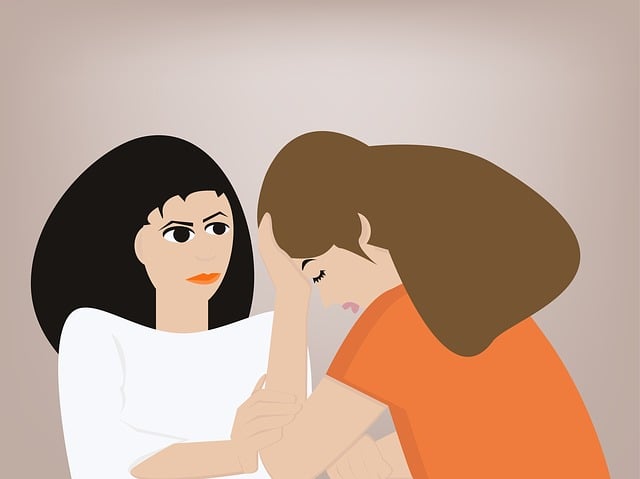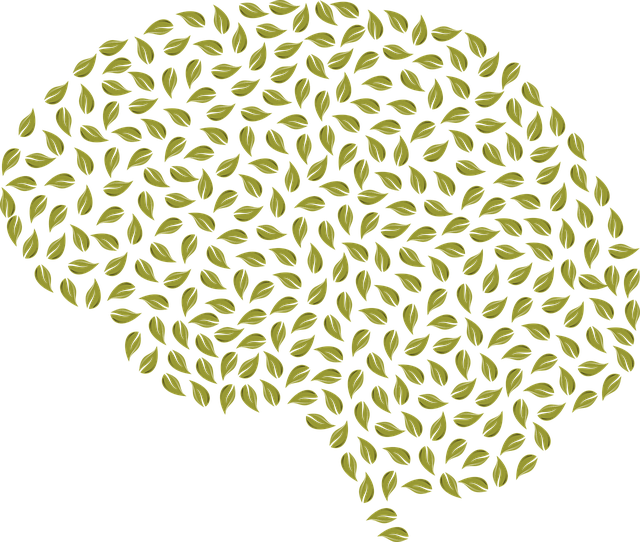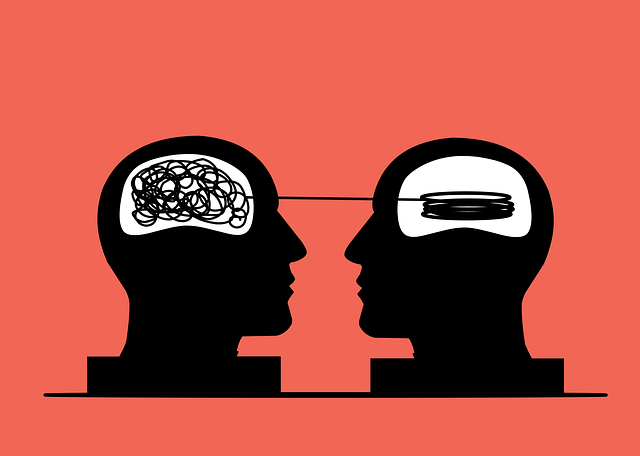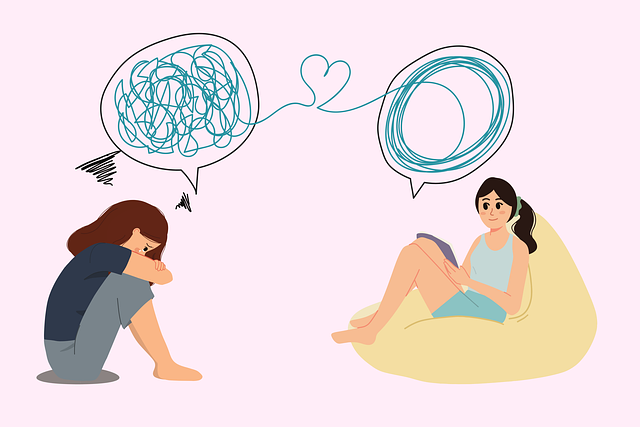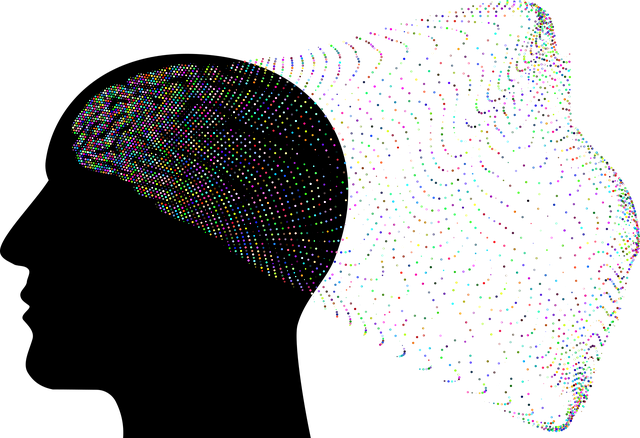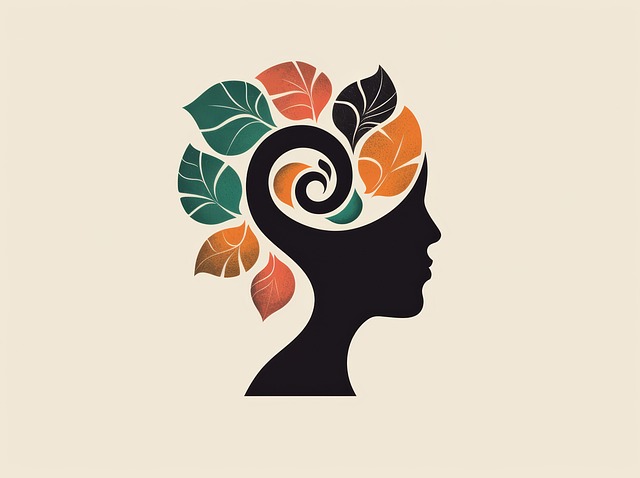Anxiety, a complex emotion, significantly impacts daily life and mental wellness. The Parker Mental Health Evaluations therapy offers insights into anxiety by identifying physical and mental cues, empowering individuals to proactively promote emotional well-being through self-empathy and healing strategies. Cognitive Behavioral Therapy (CBT), a proven method for managing anxiety disorders, transforms negative thought patterns into positive, realistic ones, helping individuals challenge fears. Mindfulness and relaxation techniques, integrated with Parker Mental Health Evaluations therapy, enhance mental wellness by focusing on the present moment and cultivating awareness. A holistic approach to anxiety management includes lifestyle changes like nutrition, exercise, and sleep, working in tandem with Parker Mental Health Evaluations therapy for overall well-being improvement.
Anxiety is a common yet overwhelming condition affecting millions. Managing it effectively can significantly enhance your quality of life. This article guides you through powerful techniques, including Cognitive Behavioral Therapy (CBT), mindfulness practices, and lifestyle adjustments, all crucial for overcoming anxiety. Learn to recognize symptoms and triggers, explore evidence-based therapies like CBT, and discover how nutrition, exercise, and sleep (assessed by Parker Mental Health Evaluations) play vital roles in calming your mind and improving mental health.
- Understanding Anxiety: Recognizing Symptoms and Triggers
- Cognitive Behavioral Therapy (CBT): A Powerful Tool for Overcoming Anxiety
- Mindfulness and Relaxation Techniques to Calm the Mind
- Lifestyle Adjustments: Nutrition, Exercise, and Sleep for Better Mental Health (Parker Mental Health Evaluations)
Understanding Anxiety: Recognizing Symptoms and Triggers

Anxiety is a complex emotion that can significantly impact an individual’s daily life and overall mental wellness. Recognizing its symptoms and triggers is the first step towards effective management. Many people experience anxiety in response to specific situations, known as triggers, which can vary widely from person to person. These triggers might include stressful events, public speaking, or even certain environments. Understanding these cues is essential for navigating and managing anxiety effectively.
Through Parker Mental Health Evaluations, individuals can gain valuable insights into their anxiety by identifying common symptoms such as increased heart rate, difficulty breathing, restlessness, or intrusive thoughts. By paying attention to these physical and mental signs, one can begin to unpick the intricate web of anxiety and take proactive steps towards emotional well-being promotion techniques. Building empathy for oneself and one’s experiences is a powerful strategy in this process, fostering an environment conducive to healing and growth.
Cognitive Behavioral Therapy (CBT): A Powerful Tool for Overcoming Anxiety

Cognitive Behavioral Therapy (CBT) is a highly effective approach to managing anxiety disorders, offering individuals a powerful tool to overcome their fears and concerns. This therapeutic method focuses on identifying and changing negative thought patterns and behaviors that contribute to anxiety. By working with a qualified therapist, such as those provided by Parker Mental Health Evaluations, clients can learn to challenge distorted thinking and replace it with more realistic and positive thoughts.
CBT is tailored to address specific anxiety symptoms and triggers, making it versatile for various conditions. It equips individuals with practical coping strategies for stress management and burnout prevention, especially relevant for healthcare providers managing high-pressure environments. Through CBT, people gain insights into their emotional responses, enabling them to navigate challenging situations more effectively while enhancing overall mental health and well-being.
Mindfulness and Relaxation Techniques to Calm the Mind

Mindfulness and relaxation techniques are powerful tools for managing anxiety. These practices encourage individuals to focus on the present moment, rather than dwelling on worries or fears about the future. By cultivating a sense of awareness and acceptance, one can reduce the intensity of anxious thoughts and emotions. Techniques such as deep breathing exercises, meditation, and progressive muscle relaxation have been shown to be effective in calming the mind and reducing symptoms of anxiety.
Integrating mindfulness into daily routines can significantly enhance mental wellness, as supported by Parker Mental Health Evaluations. Therapy often includes guidance on these practices, teaching individuals how to recognize and manage their anxious responses. Additionally, keeping a mental wellness journal can serve as a valuable tool for tracking triggers, understanding patterns, and identifying coping strategies that work best for each person. This self-reflection, combined with professional support, empowers individuals to take control of their anxiety and lead more fulfilling lives.
Lifestyle Adjustments: Nutrition, Exercise, and Sleep for Better Mental Health (Parker Mental Health Evaluations)

Anxiety management often begins with looking holistically at one’s lifestyle, which significantly impacts mental health and emotional regulation according to Parker Mental Health Evaluations therapy sessions. Nutrition plays a crucial role; incorporating foods rich in omega-3 fatty acids, vitamins B and D, and magnesium can help reduce anxiety symptoms. Staying hydrated and limiting processed foods are also essential self-care practices for better emotional well-being.
Regular exercise is another effective strategy, as it boosts the production of endorphins that promote relaxation and positive mood. Aiming for at least 30 minutes of moderate physical activity daily can make a substantial difference in stress management. Similarly, prioritizing quality sleep is vital; adults should strive for 7-9 hours each night to support optimal mental health. Adequate rest allows the body to recover and can prevent anxiety from escalating. These lifestyle adjustments work synergistically with Parker Mental Health Evaluations therapy to enhance overall well-being and reduce symptoms of anxiety.
Anxiety management is a holistic journey that combines understanding, therapy, mindfulness, and lifestyle adjustments. By recognizing symptoms and triggers through Parker Mental Health Evaluations, individuals can effectively target their specific needs. Cognitive Behavioral Therapy (CBT) offers a powerful framework for challenging negative thought patterns, while mindfulness and relaxation techniques foster calmness and resilience. Integrating nutritious diets, regular exercise, and quality sleep further empowers individuals to take control of their mental health. With these comprehensive tools, anyone can navigate and overcome anxiety, leading to improved well-being and a more fulfilling life.

